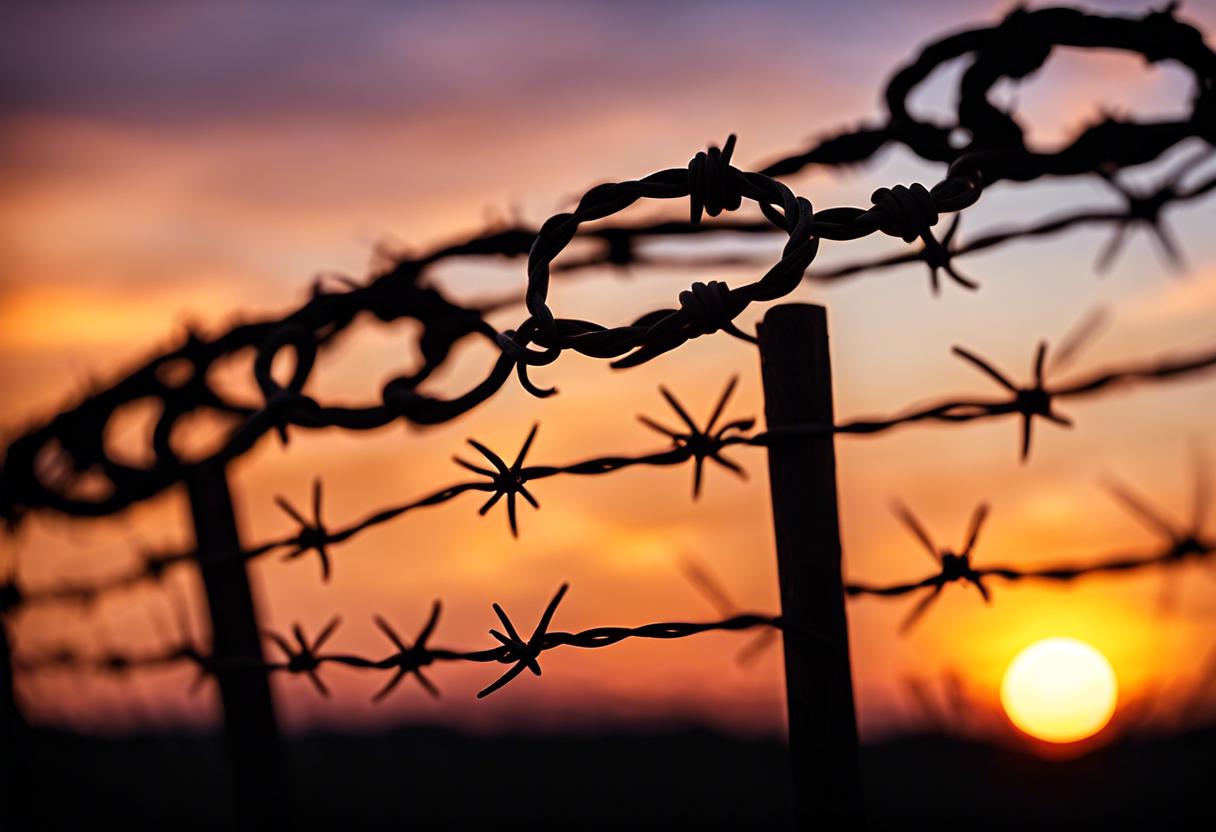Fianna Fáil TD Éamon Ó Cúiv has urged the Government to immediately halt the deployment of soldiers for security at Portlaoise prison and discontinue the “frivolous expenditure of €1.9 million on a handful of prisoners who could be securely accommodated through standard prison protocol.” He opined that the context has “substantially” shifted since the Army was initially assigned over five decades ago for security at the prison that housed republican paramilitaries.
Tánaiste Micheál Martin, responding to him, stated that the cessation of security by the Defence Forces aiding the civil power “represented the future course.” Soldiers persist in rendering round-the-clock security at Ireland’s top-grade prison, with the preceding year’s expenditure amounted to roughly €1.9 million. This, according to Mr Martin, encompasses “expenses associated with the transportation of prisoners to medical appointments and court trials beyond the prison confines.”
However, the soldier count has dwindled since the blueprint was first proposed nearly a couple of years ago due to the decrease in paramilitary prisoner count. The E Wing of the prison, intended for republican paramilitaries, had a mere 13 out of 75 beds occupied as of July 2022.
During Defence questioning time in the Dáil, the Minister for Defence, Mr Martin, stated that the Defence Forces’ Commission report recommended “discontinuation” of many projects the Defence Forces partake in, which “don’t seem warranted in the current security landscape.”
He affirmed that there had been discussions with the Department of Justice and “a downsized level of deployment aligns with the assessed threat levels.” Historically, the prison deployment involved nearly 100 Army personnel, but has presently been reduced to 16 soldiers, with further phased reductions planned.
Mr Ó Cuív, recounting his meeting with the Tánaiste regarding the issue in December 2020, said, “the E block in Portlaoise housed 29 prisoners then. The present count is less than 10, and by mid-summer, it may barely be half of that.”
According to Mr Ó Cuív, the circumstances that led to involving the Army originally, and the current circumstances are drastically dissimilar. He expressed his view that no prisoners were present who were on trial, while a few inmates were coming to the conclusion of their prison term and one was on the verge of being released the subsequent month.
Describing it as a scenario involving a minor group of people, he underscores that some high-risk prisoners are incarcerated and it is astounding to think that the protection of this slight number of prisoners is dependent on the Army, whilst none of the other delinquents who committed grave offences, required such measures.
The member of Parliament for Galway West, an enthusiastic advocate for prisoners’ rights and prison conditions, applauded the continuous assessment of the issue, nonetheless, he speculated it was time to address it and refrain from needless expenditure of €1.9 million on a handful of prisoners who can easily be held securely within the usual prison machinery.
The Tánaiste informed him that the ultimate objective is for prison authorities to handle the security aspect, which will eliminate the present necessity of Army assistance. He has a deep desire that this will be the common aspiration and future direction.

